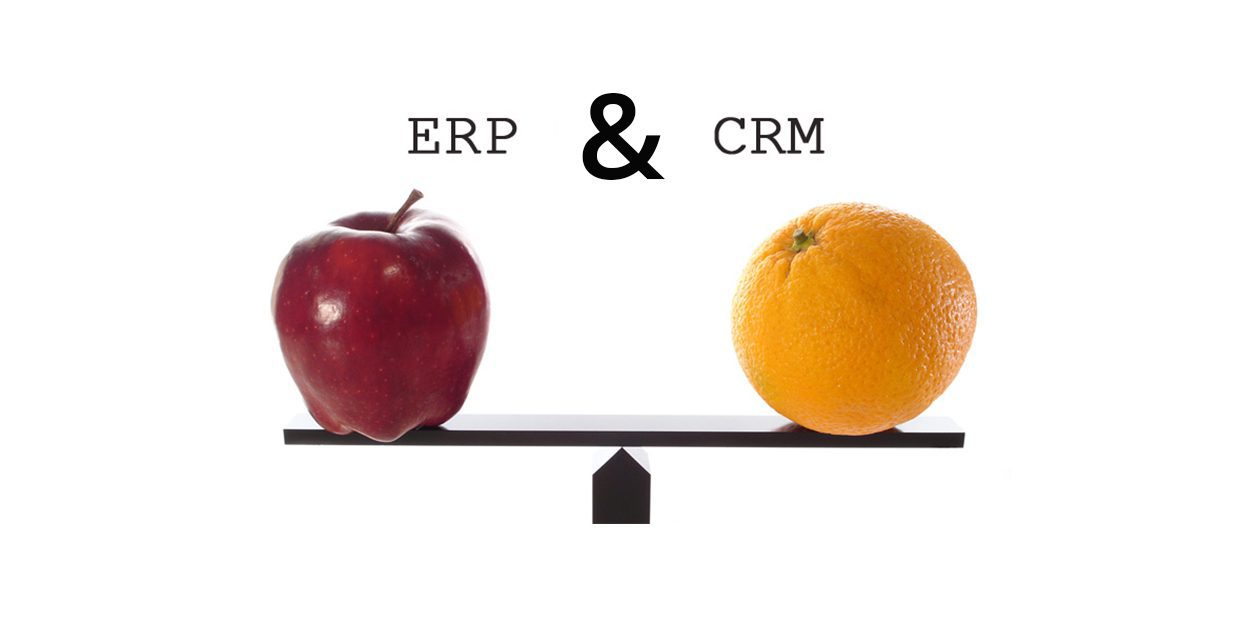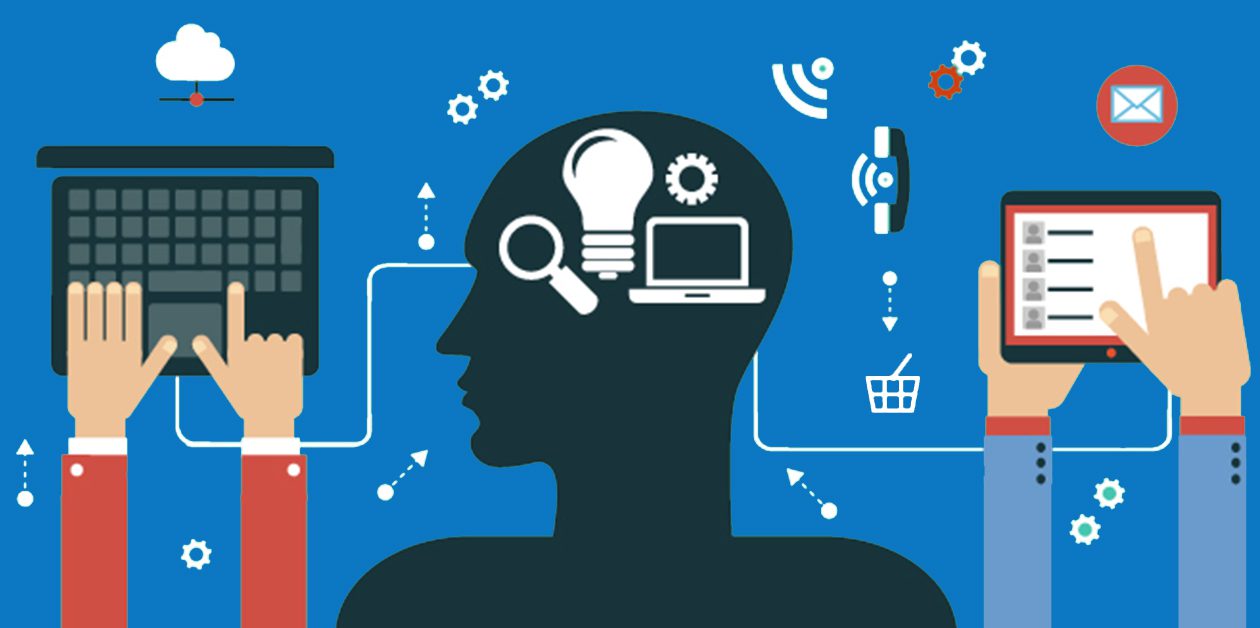Share
Read also
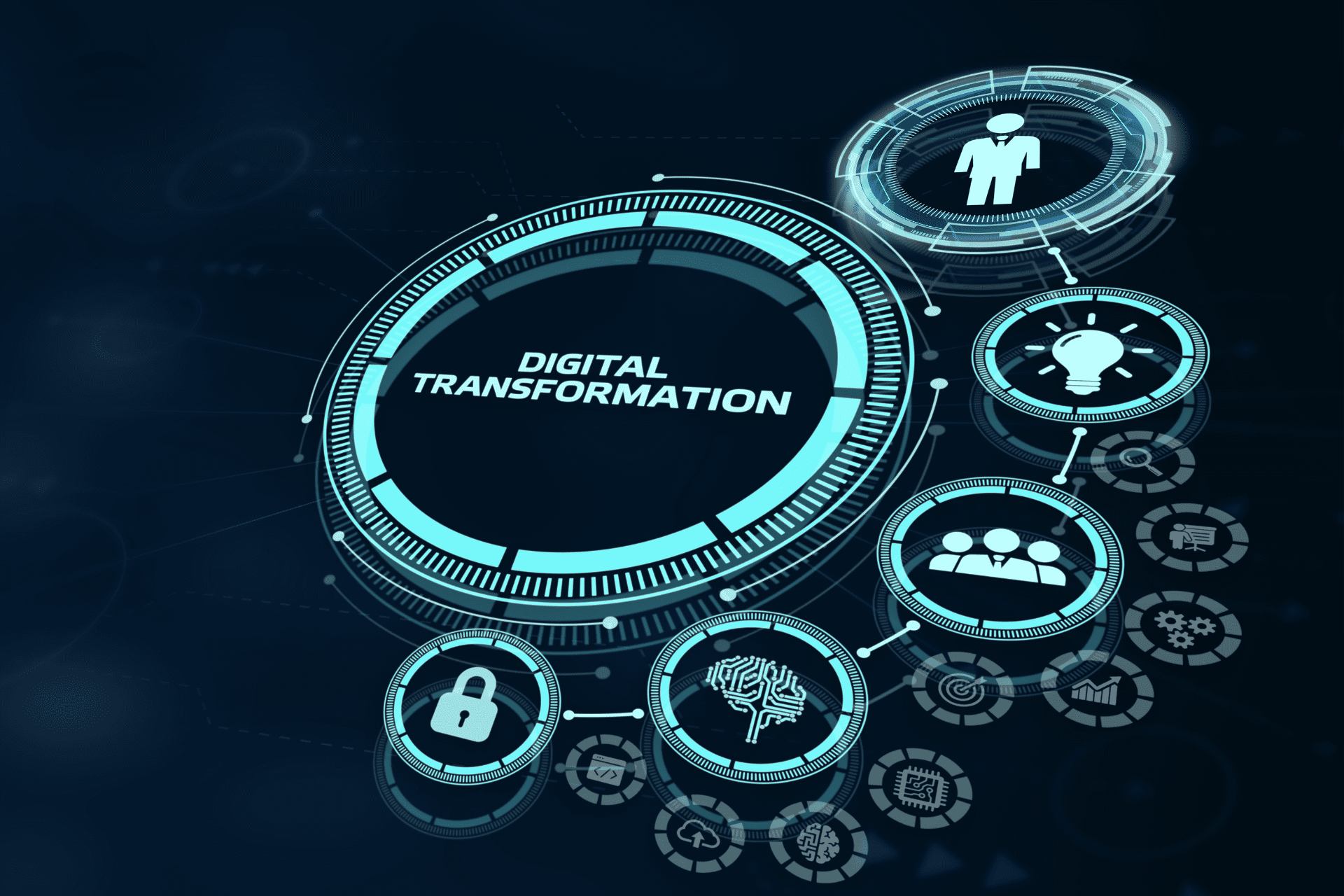
Trends & Views
Digital transformation strategies
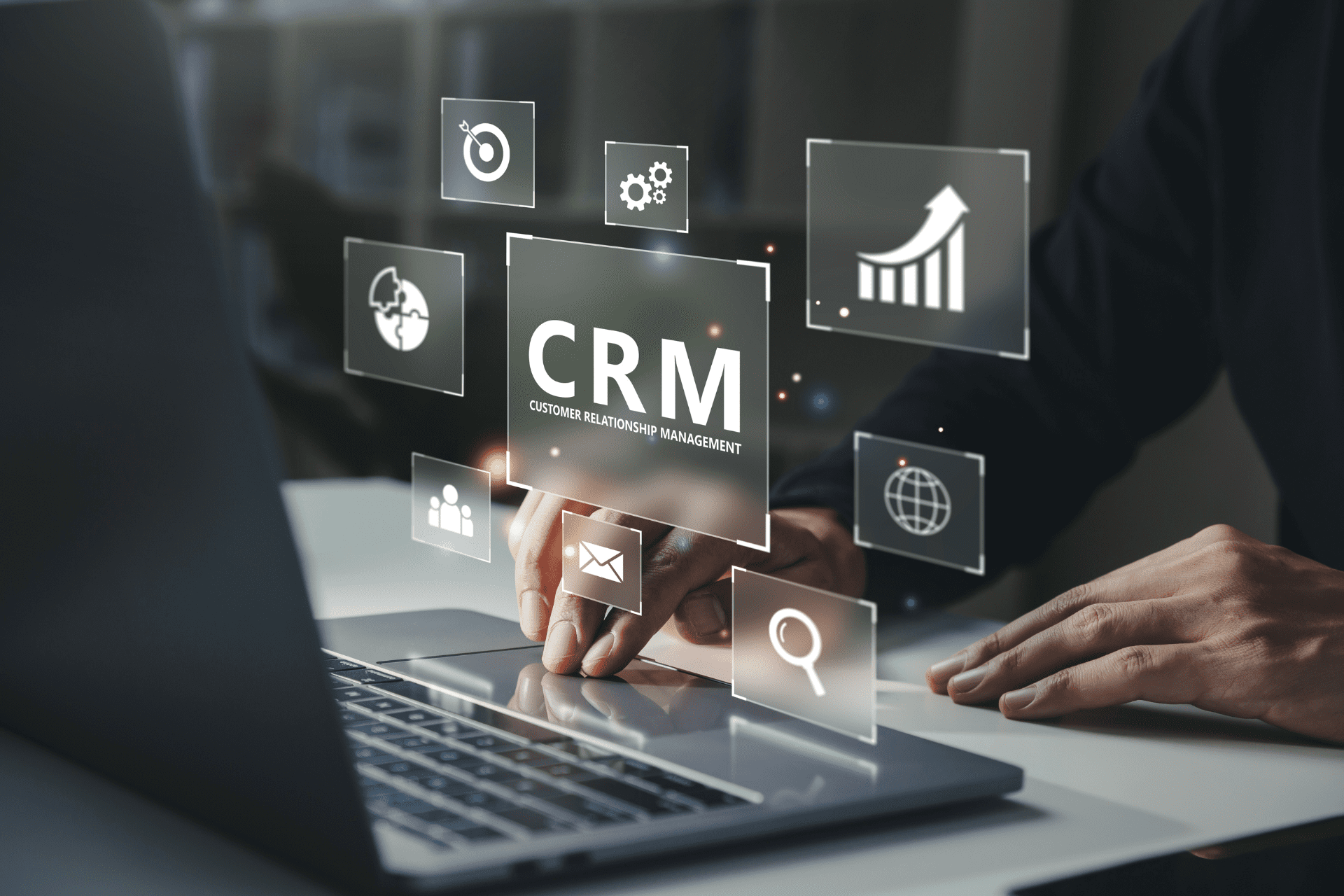
Business Software
CRM 2025 market: Response to increasing customer demands
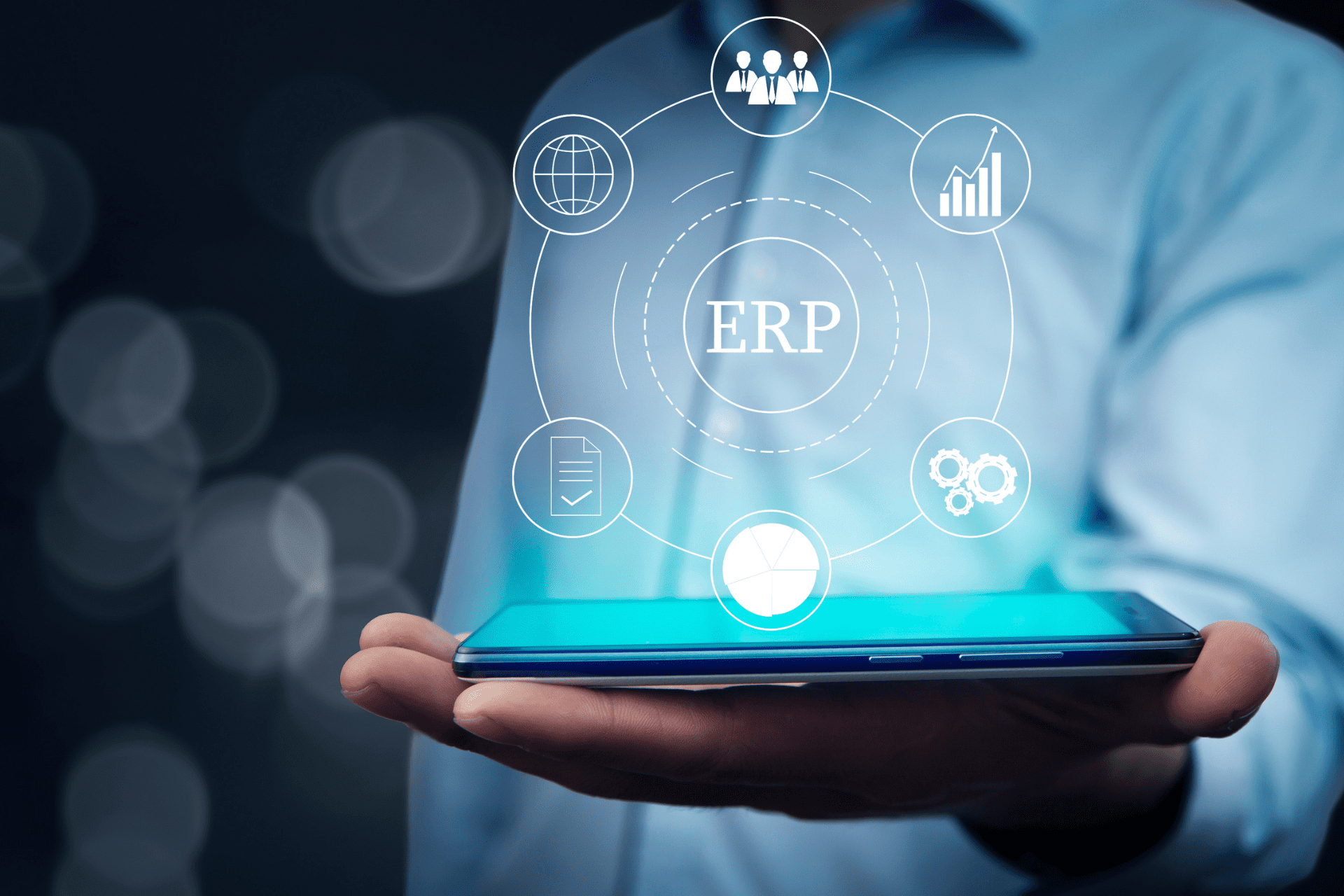
Business Software
Understanding the ERP lifecycle management

Mobility
How is EM shaping the way SMBs operate?
ERP and CRM automate business processes, thus streamlining operations. Combining the two systems into one solution offers greater functionality, higher employee adoption rates, more precise metrics and a holistic view of customers.
Maximum functionality
The integration of ERP and CRM systems allows businesses to perform operations that are not possible when using these solutions separately. Do you want to know how? To begin with, different departments within a business (e.g., Sales, Marketing, and Financial) will be able to share data easier and quicker. Moreover, once a business completes the integration of the two systems, access to their data will be possible from a single workstation. Users will not need to switch between two different systems, while issues related to duplicate data will be reduced. Finally, the integration offers improved invoicing management as well as more precise collection and visibility of data, leading to enhanced productivity.
Improved adoption rates
Learning both CRM and ERP systems at the same time, may cause skepticism or even discomfort to the employees, especially as long as additional training is required. Sure enough, this is a challenge for any business, leading to low adoption rates at least at the early stages. However, positive results start to come about progressively, as it becomes easier for employees to collect and analyze data. The result is that they will become familiar with the unified solution and learn all its features.
More precise metrics
Both ERP and CRM systems offer highly precise metrics, and their connection has even better results. Businesses will be able to monitor data across the supply chain or the customer lifecycle, while having access to the latest business intelligence. Relevant research has shown that precise metrics help businesses to plan their future more effectively, discover how their customers behave, and get to know what people believe regarding their brand.
End-to-end customer management approach
The integration of ERP and CRM offers businesses a more comprehensive view of their customers, their management, and in specific, their behaviors: their purchase history, interests and contact details. All this information is displayed on a single dashboard allowing businesses to directly monitor customer data. The combination of ERP and CRM optimizes customer management, and, as a result, businesses excel at customer service.
